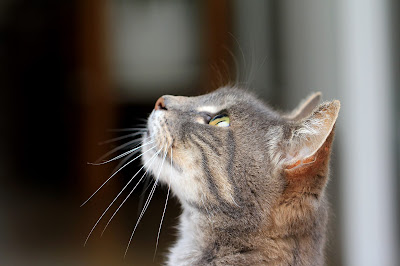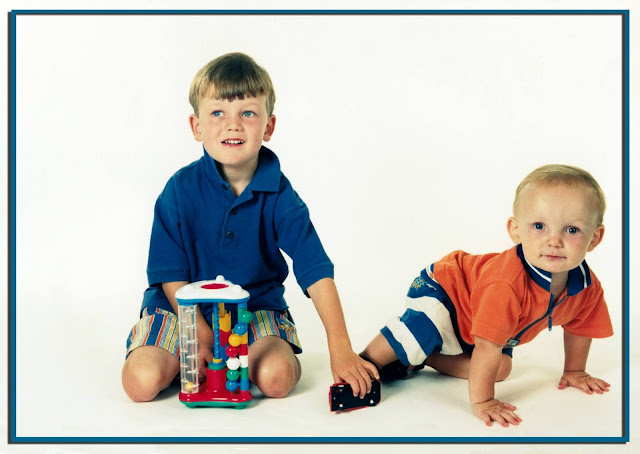The price we pay for love
Warning: death and dying are covered in this blog. Please look after yourself and those around you. If you need help, free text or call 1737 anytime within Aotearoa/New Zealand.
Later, I watch them. Sam’s hands are bandaged, the wounds Thundy inflicted in fear and agony now treated with a tetanus jab and antibiotics. Adding insult to injury, this death. These kids (they are adults) know what to do, flowers and candles and crystals and a glass of wine, as the little guy is prepared for burial. I’m the celebrant, but I stand back, watching in awe and in sadness, as they are wracked with anger, disbelief and sorrow.
It's summer in Aotearoa, and we slide languidly into February. I watch funeral director Caitlin Dougherty and desairologist Monica Torres do make-up and hair for decedents, equal doses of compassion and practicality on display for the curious and the caring. She was 26, my friend Lizzy: 26 on the 26th, and that was it. They did her hair wrong, brushed to look like her mum’s. Robert and I were pallbearers, on a sizzling day at a cemetery I would later work in. It was heavier than I thought, this dead weight. Thirty years later, I watch my mum die, her first anniversary just around the corner. It’s a tough month.
I trawl through my photos on the net, the "reverse Google image search” function the only way to find who has used them. And it appears: Thundy asleep on their bed, the photo advertising the services of the place where he was rushed, in pain and in distress. Sweet coincidences continue, and I find an image of Sam feeding the tiny cat, SPCA promoting careers for children who love animals. The woman I contact responds to my email within the day:
We're so sorry to hear about Thunder. He was a truly beautiful cat who made a perfect little model - he certainly stood out when we were choosing images. It's so hard to lose a furry member of your family - deepest condolences for your loss on behalf of all SPCA staff ... we are so glad you have each other.
It is what I need. It is what we all need: acknowledgement of the loss; concern; affirmation of a life well lived; support; aroha and awhi. An inherent desire to take action, to share our grief, to yell to the world how much we loved … it’s all part of the process.
Lorna Wood says grief is a bag, at first a backpack stuffed to the brim with heavy tramping gear, weighing us down. Over time, it morphs into a hand-painted soft tote bag, slung over the shoulder. Back and forth, the bag swells and recedes, transforming with our moods, special events and anniversaries. If we’re lucky, it finally becomes a sparkly evening purse, glittering with memories: brought out occasionally, yet proudly worn for all to see.
Yes, Thunder has torn our hearts apart, but grief is the price we pay for love.





Arohanui ki a koutou. Huge hugs and love on such a huge loss. Thundy was clearly well loved and adored and I'm sure he knew this right until the end. The image of the backpack changing into a sparkling glittery purse is beautiful- thank you for sharing those words. I hope you find the soft tote bag and the glittery purse in due course. x
ReplyDelete